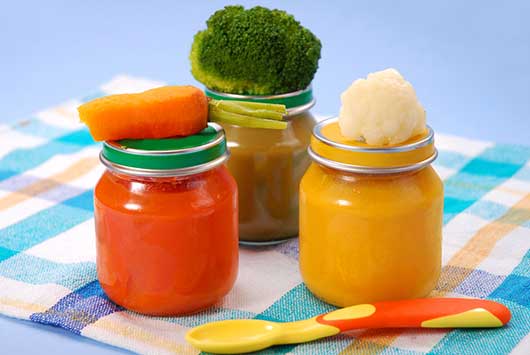
Storing baby food easily and safely is possible with these tips from Laura Fuentes, CEO of MOMables.
Today, many parents are trying to give their children the best possible start with food and nutrition by making their own baby food purees. Some might think that making your own baby food is a difficult task, but ask any mom out there who has tried it herself; making your own baby food is not only easy, but it is also quite economical.
So let’s say you’ve made the decision to start making your own baby food. You’ve already figured out a system that works for you to prepare the purees. Now the question is…how are you going to store it? Safe storage of baby food is a vital part in the preparation process.
Because saving a meal for later consumption is something every parent is confronted with at one point or another, it is important that they know how to properly store baby food. There is a right way to do this and several wrongs ways. Here are some tips for how to safely store baby food and also prevent waste.
Read Related: Must-Have Products for New Moms
WAYS TO STORE
Refrigerator: You may be shocked to know that storing your homemade baby food in the refrigerator is the least convenient and safe way to store baby food. This is for several reasons. One reason is that many experts recommend that baby food not be stored in the refrigerator for more than 48 hours (some say 72 hours is fine). This time-frame ensures the smallest possibility for bacteria growth. So this means if the only method you want to use is refrigeration you would need to puree on a daily basis, or at least every other day. This is a rather rigorous schedule, especially considering the fact that most new moms can barely squeeze in room to shower that often.
Freezer: Freezing baby food is the most efficient and safest way to store baby food. The main advantage to freezing baby food is that you can prepare food in bulk, store in individual portions, and it keeps for up to three months. There are three main methods by which to safely store baby food in the freezer:
- Ice Cube Tray Method: Using this method you spoon your puree into regular ice cube trays, and cover with plastic wrap. Once the contents of the tray are completely frozen, you pop them out of the tray and store in a freezer bag. This method gives you a perfect portion size.
- Wax Paper/Cookie Sheet Method: Using this method you drop the amount you choose onto a wax paper lined cookie sheet and freeze. As with the ice cube tray method, once the contents of the tray are completely frozen, you pop them out of the tray and store in a freezer bag.
- Storage Containers: If your budget allows, you may want to look into baby food storage containers. There are many storage products popping up that are targeted just for baby food storage.
Storing Do’s:
- Spoon your baby’s portion into a separate container, as any uneaten leftovers must be thrown away to prevent bacterial growth.
- When freezing baby food, put the prepared baby food into a container that has been labeled and dated.
Storing Don’ts:
- Because a baby’s saliva can contaminate the contents of the container, you should never feed your baby directly from the original container and then restore.
- Do not allow food to be out in room temperature for more than 2 hours.
- For prepared meat, poultry, fish and eggs, fruit & vegetables, do not store in the refrigerator for more than 48-72 hours.
If all the “rules” seem overwhelming at first, don’t fret! Baby food preparation will become second nature in no time. Once you have ins and outs of the storage and preparation process down pat, you may enjoy it so much that you might just contemplate pureeing your own food!

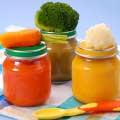
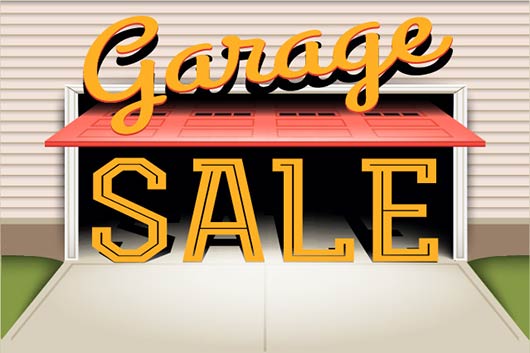





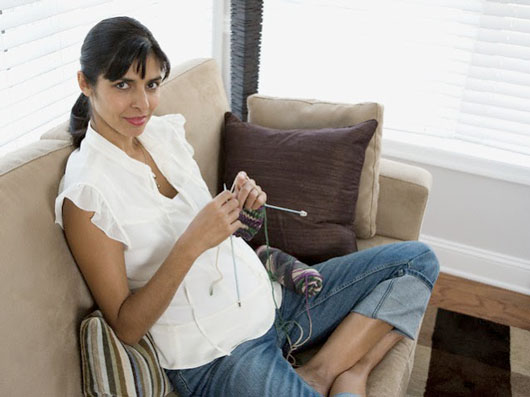
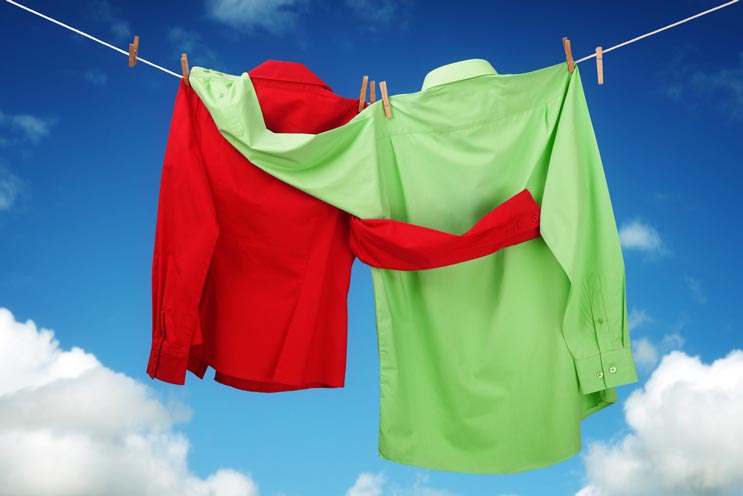



Leave a Reply
Want to join the discussion?Feel free to contribute!